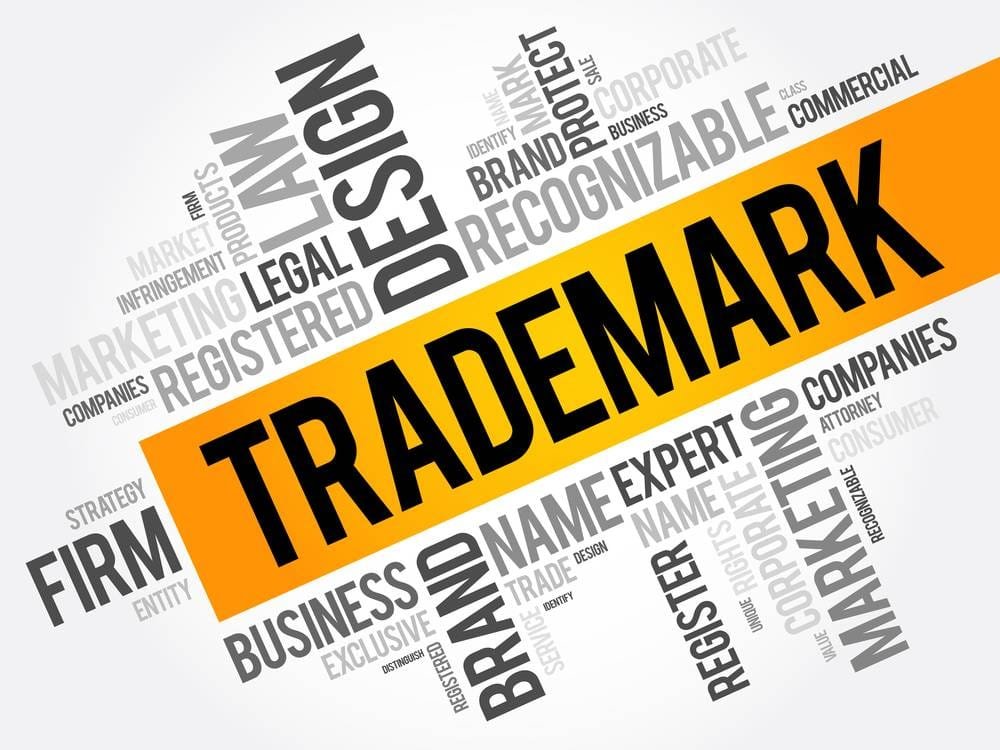Picture this: you have an amazing business idea, a product to die for, and a killer brand name. But wait, have you protected that precious brand name? If not, we’re here to enlighten you about the wonders of trademark registration services. Trademark registration is essentially the process of legally safeguarding your brand name, logo, slogan, or any other identifying elements that make your business distinct. It’s like getting a superpower to protect your brand from the evil forces of copycats and imposters.
And guess what? Trademark registration brings along a whole bunch of benefits! Legal protection, exclusive rights, and ownership of your brand are just a few perks in the bag. Plus, it boosts your brand recognition and reputation, making you stand out in the crowded market like a unicorn at a donkey convention.
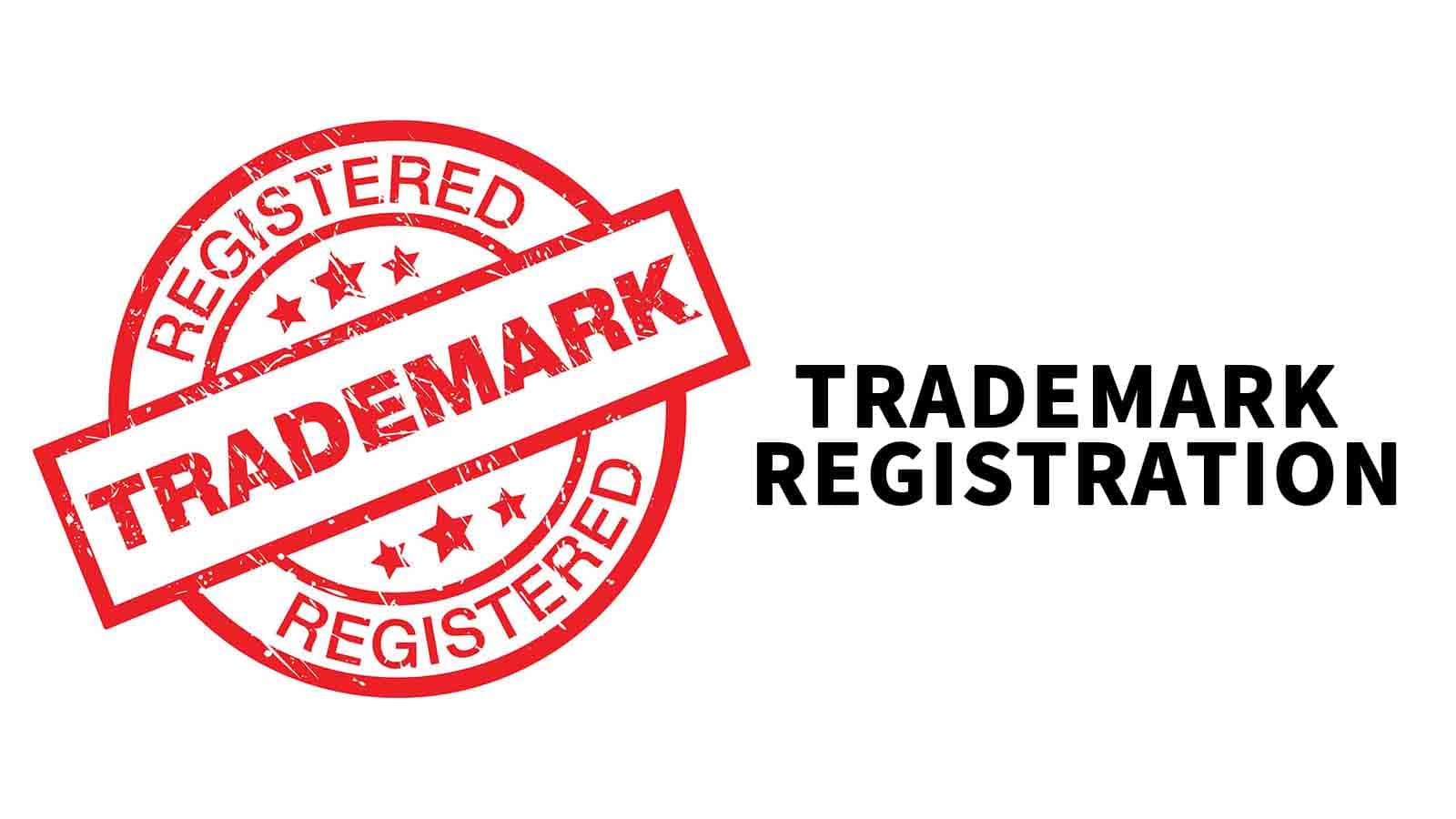
But hold on, we can’t just stop there. In the upcoming sections, we’ll guide you through the entire process of trademark registration, debunk some common misconceptions, and help you choose the perfect service provider for your trademark registration needs. So, buckle up and let’s embark on this exhilarating journey together!
Table of Contents
ToggleWhat is Trademark Registration?
Hey there! So, what is trademark registration, you ask? Well, my friend, trademark registration is like getting an ID card for your brand. It’s a legal process where you protect your business name, logo, or slogan from being copied or stolen by others. Basically, it’s your way of saying, “Hands off, this is exclusively mine!”

A trademark registration gives you solid legal ground to stand on, helps you establish your brand reputation, and prevents any potential trademark infringement issues. It’s like having your own superhero cape but for your business. So, buckle up and let’s dive into why trademark registration is so darn important!
Why is Trademark Registration Important?
Trademark registration may not be the most thrilling topic to discuss, but hey, it’s vital for businesses! So, let’s dive in and explore why trademark registration is so important. Brace yourself for some enlightening and witty insights! First and foremost, trademark registration offers legal protection for your brand. It’s like putting your brand on the superhero radar, allowing it to don its cape and protect itself from potential infringement. With a registered trademark, you gain exclusive rights and ownership over your brand, ensuring that no one else can swoop in and steal your thunder.

Now, could you imagine a world without trademark registration? Chaos would ensue. It would be like a free-for-all, where anyone and everyone could use your brand name, logo, or slogan without consequences. Scary, isn’t it? Trademark registration saves the day by preventing trademark infringement. It puts a big, fat stop sign in front of anyone thinking of copying or imitating your brand. Trust us, your brand deserves to stand out in the crowd and be recognized for its uniqueness. And let’s not forget about brand recognition and reputation. A registered trademark is like a shiny badge of honour that boosts your brand’s credibility.
Once you’ve cleared that hurdle, it’s time to file the application. After filing, your application undergoes a review by the trademark office. It’s like waiting for your exam results, but instead of getting a grade, you either get approval or rejection. If all goes well, your trademark gets published for opposition. It’s like a friendly invitation for anyone out there who believes your trademark could harm their business to step forward and voice their concerns. But fear not, if no opposition is raised, you’ll receive your glorious registration certificate, and your trademark journey will be complete.
The Process of Trademark Registration
The first step in this exhilarating journey is research and examination. You need to make sure that your chosen trademark is not already being used by another cunning entrepreneur. After all, you wouldn’t want to step on anybody’s toes and risk a legal battle, would you? Once your research is complete and you’ve confirmed that your unique genius hasn’t already been claimed by someone else, it’s time to take the leap and file the application. This is where a little paperwork love comes into play. Fill out the required forms, cross the t’s, dot the i’s, and voila! You’re one step closer to trademark glory. But hold on, my ambitious friend, the journey is far from over.
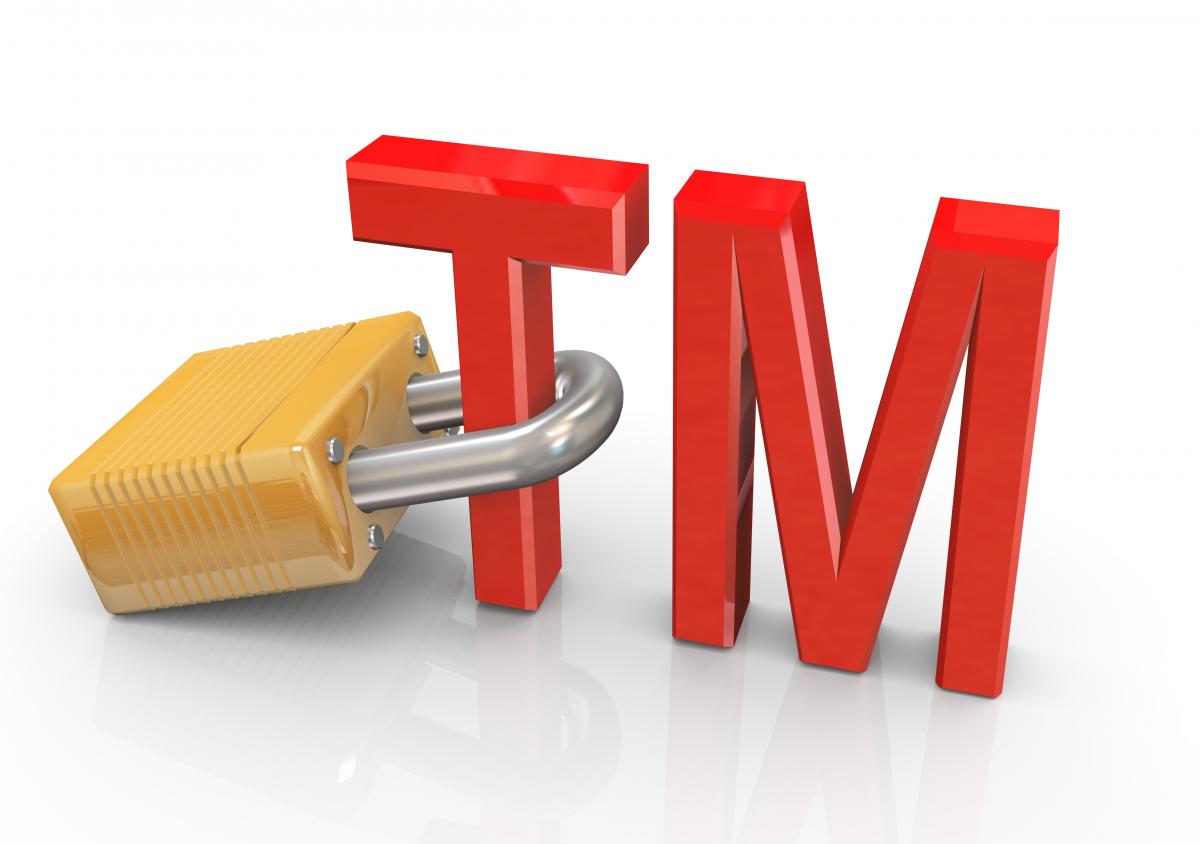
Now comes the phase of review by the trademark office. Here, your application will be scrutinized by eagle-eyed professionals who live for the thrill of the paperwork chase. They’ll check if your application meets all the necessary requirements and if your trademark truly stands out from the crowd. It’s like being judged in a beauty pageant, except it’s the uniqueness of your brand instead of your looks that matters. If you survive the review process and emerge victorious, your trademark will be published for all the world to see. This is where opposition may rear its ugly head. Other entrepreneurs, fearing the power of your unstoppable brand, may try to challenge your trademark in the ring of legal battles.
Finally, if you conquer all the obstacles and emerge triumphant, the prestigious registration certificate shall be bestowed upon you. This certificate is your golden ticket, granting you exclusive rights and ownership over your trademark. With it, you can proudly display your mark on your products, in your marketing campaigns, and all over your business empire.
Common Misconceptions About Trademark Registration
1. Trademark registration provides global protection
One common misconception is that registering a trademark automatically grants global protection. In reality, trademark registration is usually limited to the jurisdiction in which it is filed. If you wish to protect your trademark in multiple countries, you would need to file separate applications in each desired jurisdiction or consider international treaties like the Madrid Protocol.
2. Trademark registration lasts indefinitely
Another misconception is that once a trademark is registered, it is protected indefinitely. In most countries, trademark registrations are valid for a specific period, typically 10 years. To maintain protection, trademark owners must regularly renew their registrations by paying renewal fees.

3. Trademark guarantees approval
Many people assume that if they submit a trademark application, it will automatically be approved and registered. However, this is not the case. Trademark offices examine applications for various factors such as distinctiveness, similarity to existing marks, and compliance with legal requirements. If the office finds issues with the application, it may be rejected or require additional steps to overcome objections.
4. It covers all goods and services
Some individuals mistakenly believe that by registering a trademark for one particular product or service, they have exclusive rights to use that mark across all goods and services. However, trademark protection is typically granted based on specific classes of goods or services. If someone else uses a similar mark for a different class of goods or services, it may not infringe on your registered mark.

5. It is unnecessary if you have a domain name
Many people assume that owning a domain name similar to their desired trademark is sufficient for protection. However, domain name registration and trademark registration serve different purposes. A domain name is primarily used for online identification, while trademark registration provides legal protection for the brand name and associated goods or services. Owning a domain name does not grant exclusive rights or legal protection against others using a similar mark in different contexts.
Choosing a Trademark Registration Service Provider
First and foremost, you need to consider the experience and expertise of the service provider. You don’t want to trust your precious trademark in the hands of some amateurs, do you? Look for a provider that has a proven track record and knows their stuff. The last thing you want is to end up with a botched registration and a trademark that’s not worth the paper it’s printed on.
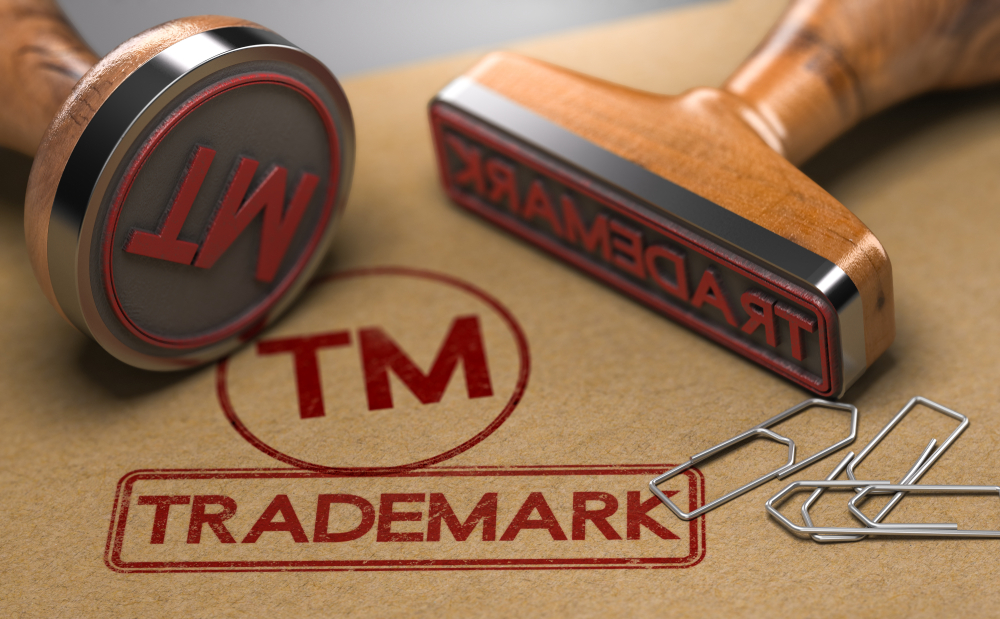
Next, check out customer reviews and ratings. This will give you a good idea of what kind of service you can expect. If a provider has a bunch of negative reviews, run in the opposite direction. You want someone who is reliable, responsive, and won’t leave you hanging. Now, let’s talk pricing. Trademark registration can be a pricey affair, but that doesn’t mean you have to break the bank. Look for a service provider that offers transparent pricing. You don’t want any hidden fees or surprises popping up when you least expect them. Go for a provider that lays it all out on the table from the get-go.
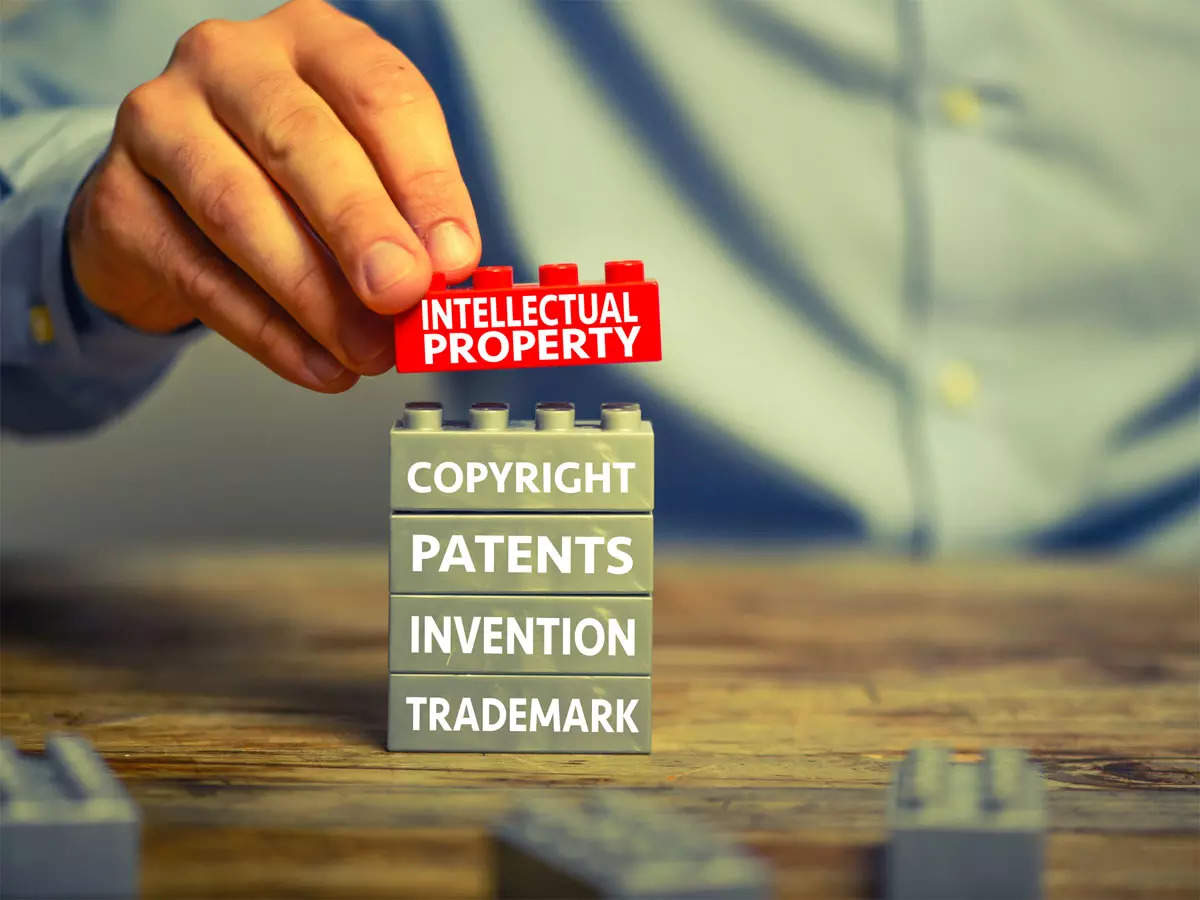
Lastly, consider what additional services the provider offers. Do they provide trademark monitoring to ensure no one is infringing on your brand? Can they help you with trademark enforcement if the need arises? These are all important factors to consider when making your decision.
Get Trademark Registration Service from Designersio
Conclusion
In a nutshell, trademark registration services are of utmost importance for businesses. By registering their trademarks, businesses establish legal exclusivity, protecting their brand identity and reputation. Registered trademarks provide nationwide or international protection, allowing businesses to enforce their rights and deter infringement.
Additionally, trademark registration adds tangible value to a business, opening up opportunities for licensing and franchising. By conducting comprehensive searches, businesses can avoid costly legal disputes. In today’s competitive market, trademark registration services play a crucial role in safeguarding businesses’ interests, building consumer trust, and capitalizing on branding investments, ultimately positioning them for long-term success.
Some important points in Trademark Registration
1. By registering your trademark, you can protect your brand against copycats and preserve its distinctive character in the marketplace.
2. Registering a trademark provides legal exclusivity, granting you the power to defend your brand against potential infringers.
3. A registered trademark increases the value of your company and may be licenced, franchised, or sold as a valuable asset.
4. In addition to protecting words and symbols, trademark registration also covers distinguishing characteristics, logos, and even product packaging.
5. Before registering a trademark, firms may reduce the possibility of disputes and expensive legal actions by doing extensive trademark searches.
FAQs
Q: Why is trademark registration important?
A: Trademark registration is important because it provides legal protection, grants exclusivity, prevents others from using similar marks, establishes brand recognition, and adds value to a business.
Q: How long does trademark registration last?
A: Trademark registrations typically last for a specific period, often 10 years. To maintain protection, trademark owners must regularly renew their registrations by paying renewal fees.
Q: Is trademark registration necessary for small businesses?
A: Trademark registration is not mandatory, but it is highly recommended for small businesses. It helps protect their brand identity, prevents potential legal issues, and supports long-term growth and success.
Q: What happens if someone infringes on my registered trademark?
A: If someone infringes on your registered trademark, you have the legal right to take action against them. This can involve sending cease and desist letters, initiating legal proceedings, and seeking damages or injunctions to stop the infringement.
What’s Next: Brand Partnerships: Collaborations for Mutual Success

